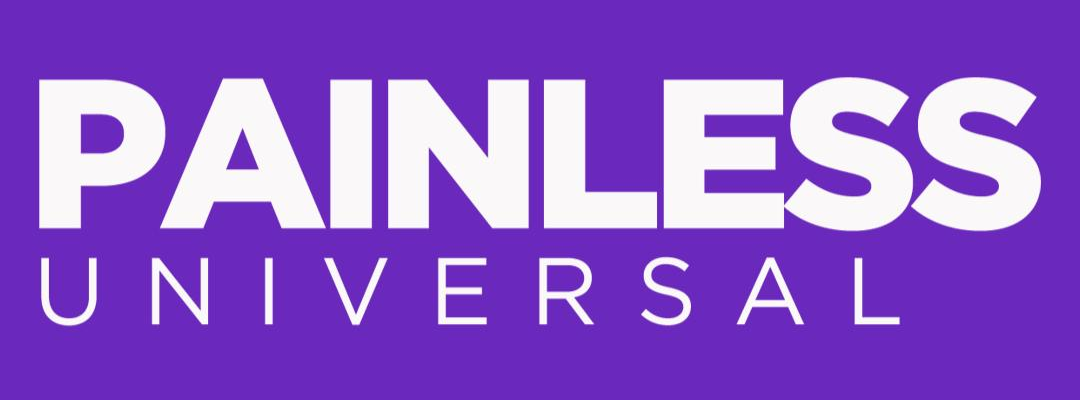By Anne Welsh – Founder and CEO Painless Universal
June 8th, 2020
In popular culture, anxiety is often used as a leading excuse for an individual to be lazy or lame and is often confused with pain itself. By definition pain (a distressing feeling often caused by intense or damaging stimuli) is not anxiety (an emotion characterized by an unpleasant state of inner turmoil).
So how can one recognise pain, differentiate it from anxiety and work towards reducing pain’s impact on our lives? True pain comes in the form of acute pain, which generally lasts for a short period of time and is generally caused by damage to muscle, bone and tissue, and chronic pain which is longer in nature and is generally treated with medication.
As one can remember from childhood, a scrapped knee or a bruise on your head is often accompanied by emotional distress. Anxiety happens after the damage has been done.
The nature of chronic pain is different. The fact that it’s ongoing and in some cases seems almost constant, makes the person who has it more susceptible to psychological consequences such as depression and anxiety. Psychological distress has the potential to amplify the physical pain.
At Painless Universal, our philosophy is focused on identifying the root cause of pain so that individuals can move forward in a pain programme or organisations can create a corporate culture that frees people to work without pain. A plan to address these issues should have the following critical components.
- Anxiety cannot be used as the excuse, but instead treated as an outcome of the pain you are feeling.
- Be clear on identifying and describing the pain that needs to be tackled. If an individual, is it chronic physical pain or mental pain that is controlling your life? For a company what making work so painful?
- Communicate with family, friends or a professional in these matters. Make sure you are not feeling alone on this discovering journey.
- Become confident that you have identified the root cause of pain after this time of introspection and take the responsibility to overcome it.
- Be disciplined in how your tackle the pain. Don’t always reach for a pharmaceutical crutch as drugs do alter perception and have side effects. For organisations they need to make a decision on the resource limit they can afford their employees.
- Celebrate when you can look back and this challenging time in your life and know in your heart and your mind that anxiety is no longer preventing you for moving forward to a higher quality of life. All management has to do is talk to its staff on a regular basis to develop a view on progress.



